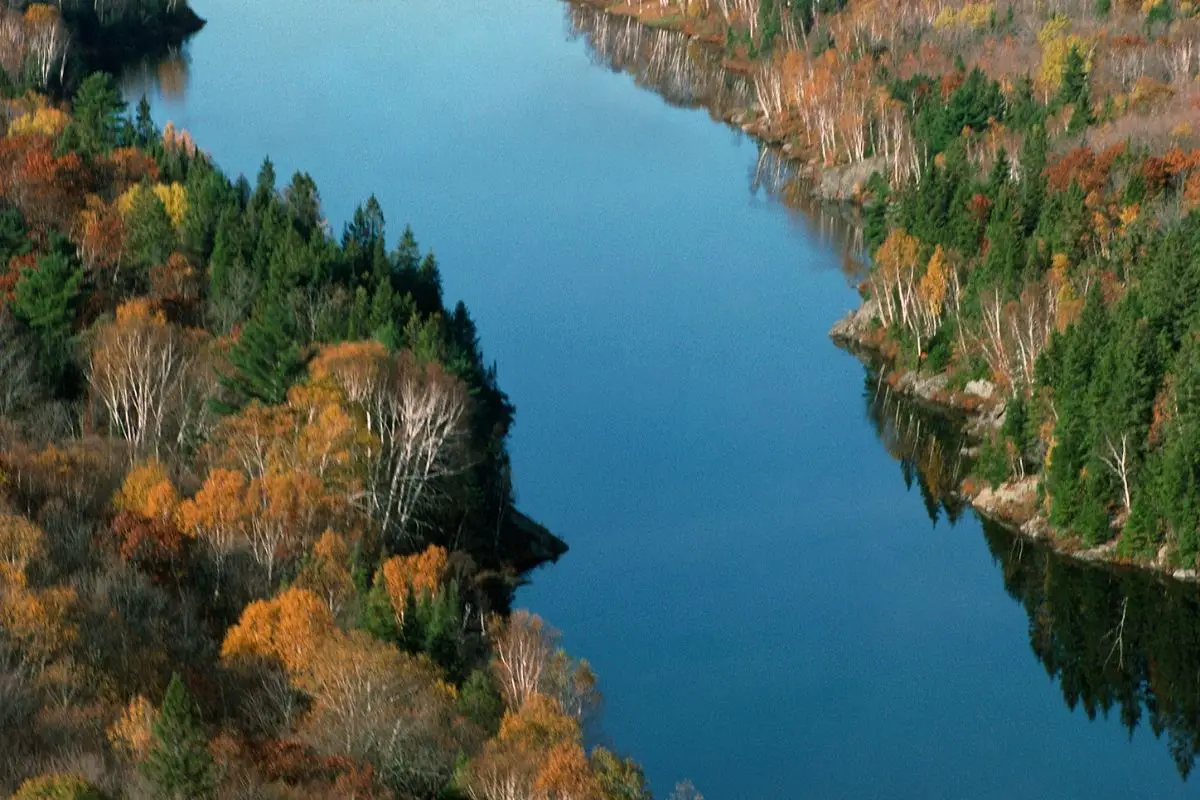
Before we dive into the best closed lakes in the world, let’s get on the same page regarding what we mean by a “closed lake.” Closed lakes are defined as endorheic basins with no surface outlet. Essentially this means that a “closed lake” is a lake that does not drain into a larger body of water.
These lakes can be found all over the world in a variety of climates and locations. The ten largest closed lakes by surface area are all listed above.
1. Great Salt Lake- Utah, USA
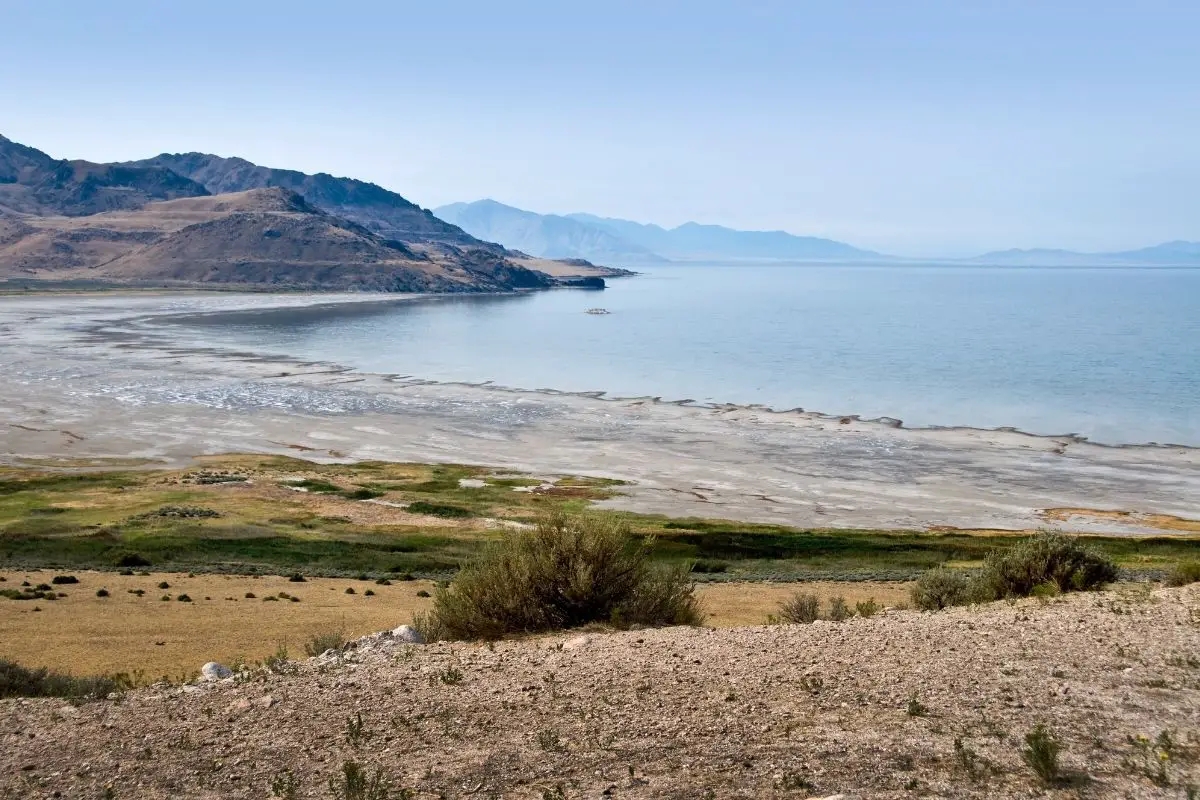
The Great Salt Lake in Utah, USA, is the largest closed lake in the world with an area of 1,700 square miles, approximately
Fun Facts about the Great Salt Lake:
- It is up to ten times saltier than the ocean
- The Great Salt Lake has no fish
- It is home to the brine shrimp
Things to do at the Great Salt Lake:
- Visit Antelope Island State Park
- Hike Frary Peak
- Take a dip in the brine pool
2. Caspian Sea- Azerbaijan, Russia, Kazakhstan, Iran, Turkmenistan
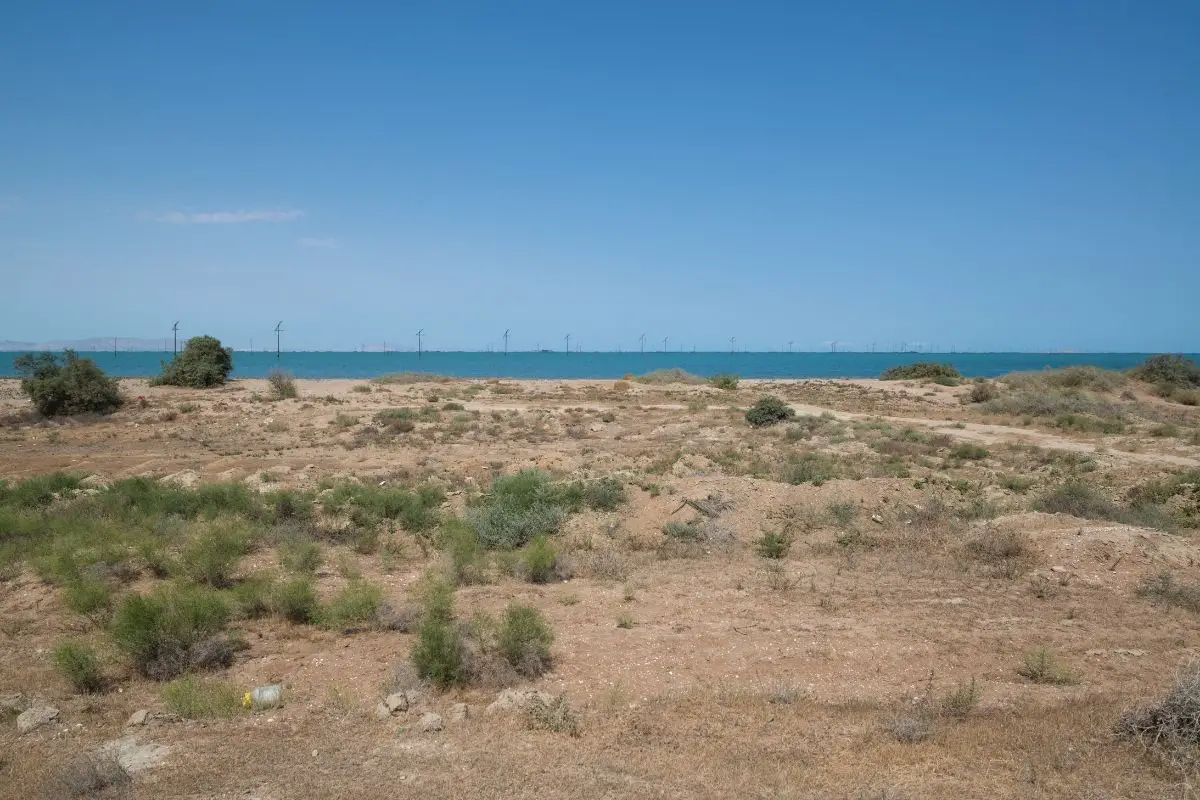
The Caspian Sea is the second largest closed lake, with an area of approximately 143,200 square miles. The Caspian Sea is located between Europe and Asia and is bordered by Azerbaijan, Russia, Kazakhstan, Iran, and Turkmenistan.
Fun Facts about The Caspian Sea:
- The Caspian Sea is a lake, despite its name
- It contains about 16% of the world’s oil reserves
- The Caspian Sea is home to the sturgeon fish, which is used to make caviar
Things to do at The Caspian Sea:
- Visit the Caspian Sea Beaches
- Go Sturgeon Fishing
- Explore the ancient city of Derbent
3. Lake Superior- Ontario, Canada
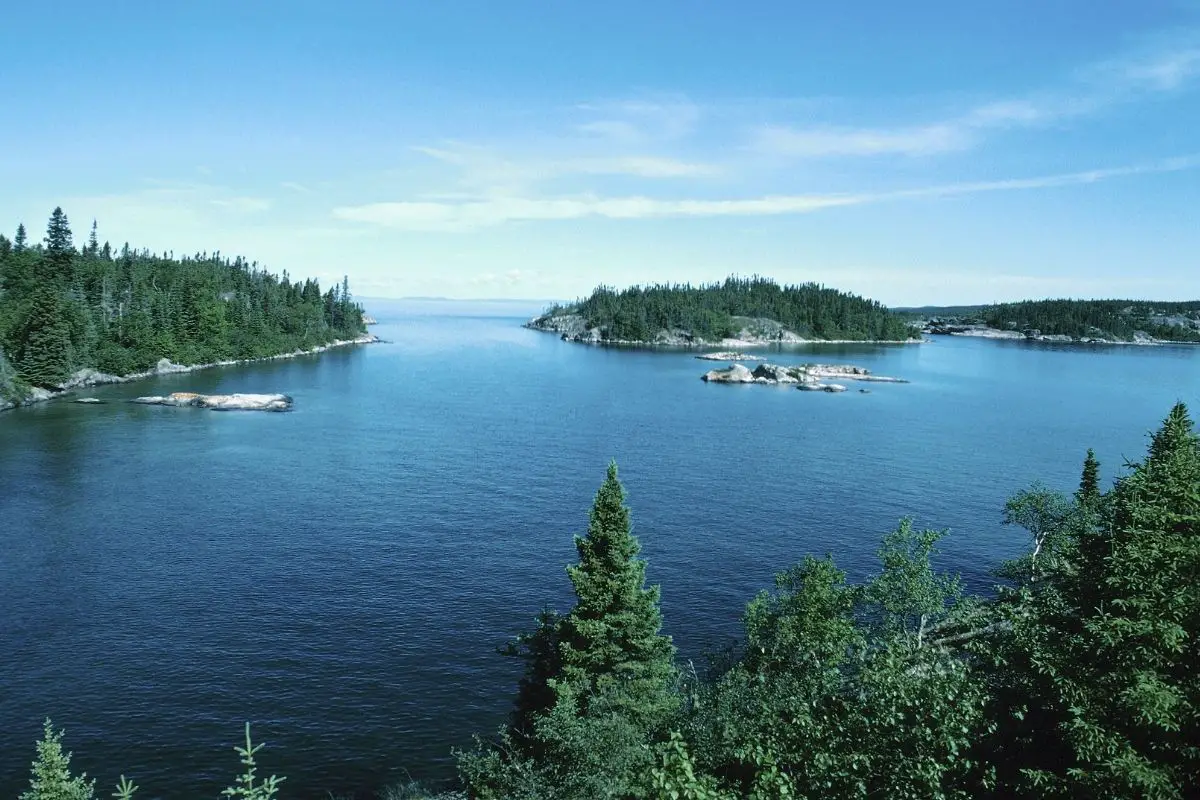
Lake Superior is the biggest of the Great Lakes of North America and the third largest closed lake in the world, with an area of 31,700 square miles. Lake Superior is located between the Canadian provinces of Ontario and Minnesota.
Fun Facts about Lake Superior:
- It is the coldest and deepest of the Great Lakes
- Lake Superior contains 10% of the world’s freshwater
- There are over 200 known shipwrecks in Lake Superior
Things to do at Lake Superior:
- Visit the Apostle Islands
- Hike to see the Tall Ships
- Explore the Shipwreck Coastline
4. Aral Sea- Kazakhstan, Uzbekistan
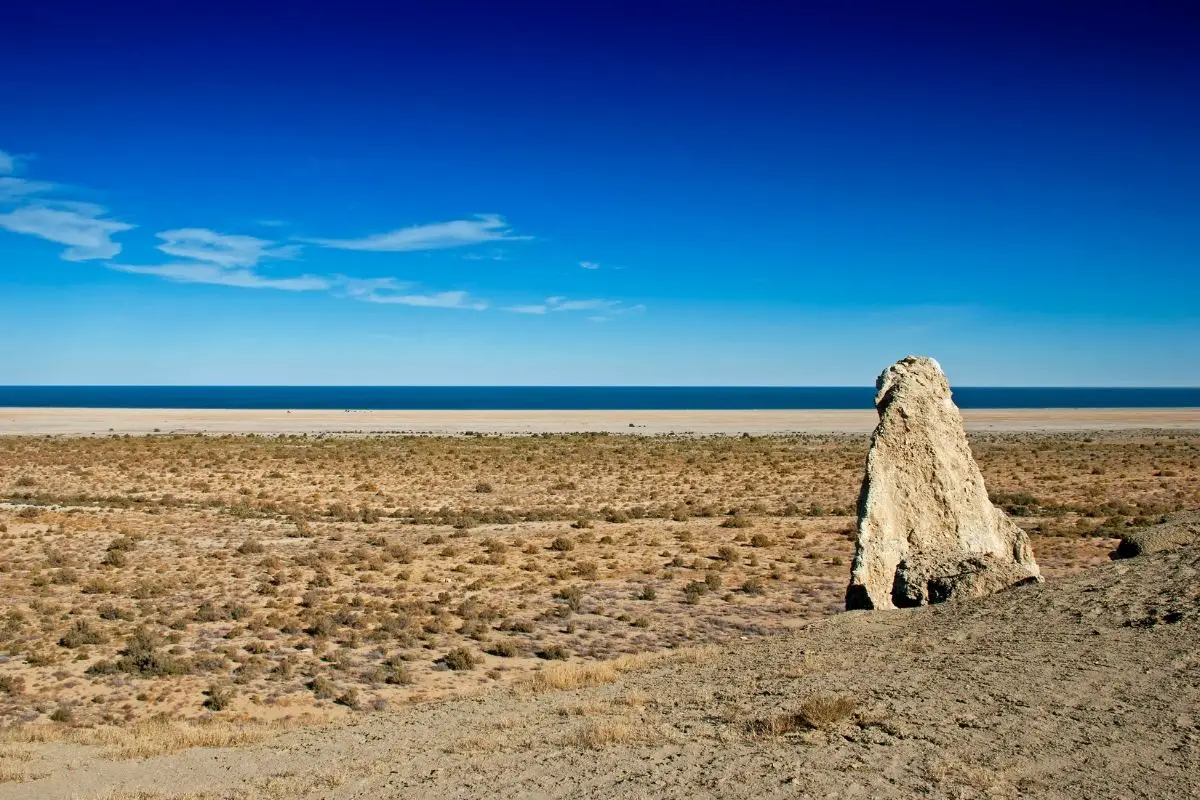
The Aral Sea was once the fourth-largest closed lake in the world, with an area of 26,255 square miles. The Aral Sea is located between Kazakhstan and Uzbekistan in Central Asia. Since the 1960s, the Aral Sea has been steadily shrinking due to irrigation projects in the surrounding region.
Fun Facts about the Aral Sea:
- It is known as one of the world’s worst environmental disasters
- The Aral Sea was once twice the size of Holland
- The Aral Sea is home to the critically endangered Baikal seal
Things to do at the Aral Sea:
- Visit the Aral Sea Beaches
- Explore the Aral Sea Islands
- Take a Boat Tour of the Aral Sea
5. Dead Sea- Israel, Jordan
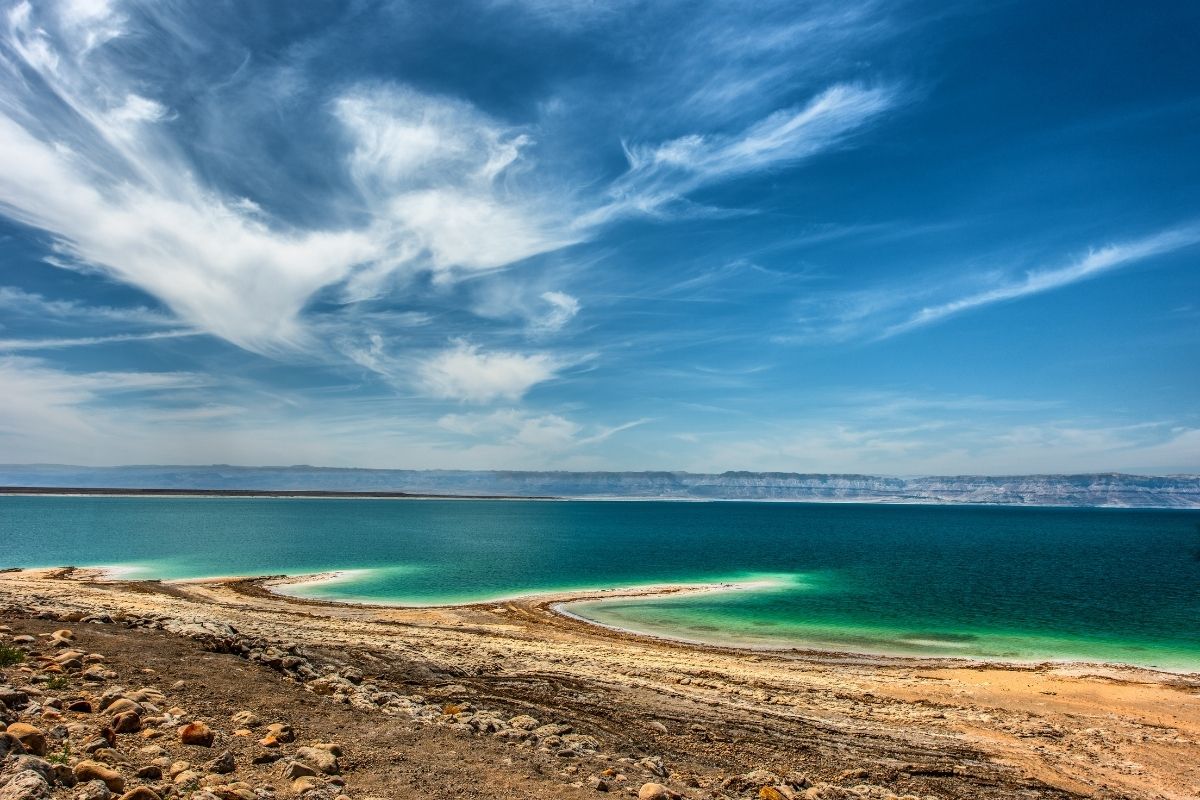
The Dead Sea is a salt lake that borders Israel and Jordan in the Middle East. The Dead Sea is the fifth largest closed lake with an area of 1,000 square miles. The high concentration of salt in the Dead Sea makes it impossible for any organisms to live in the water.
Fun Facts about the Dead Sea:
- It is 10 times saltier than the ocean
- The Dead Sea is one of the lowest points on Earth
- The Dead Sea has been a popular location for health and beauty treatments for centuries
Things to do at the Dead Sea:
- Visit the Dead Sea Beaches
- Float in the Dead Sea
- Explore the Dead Sea Caves
6. Lake Baikal- Russia
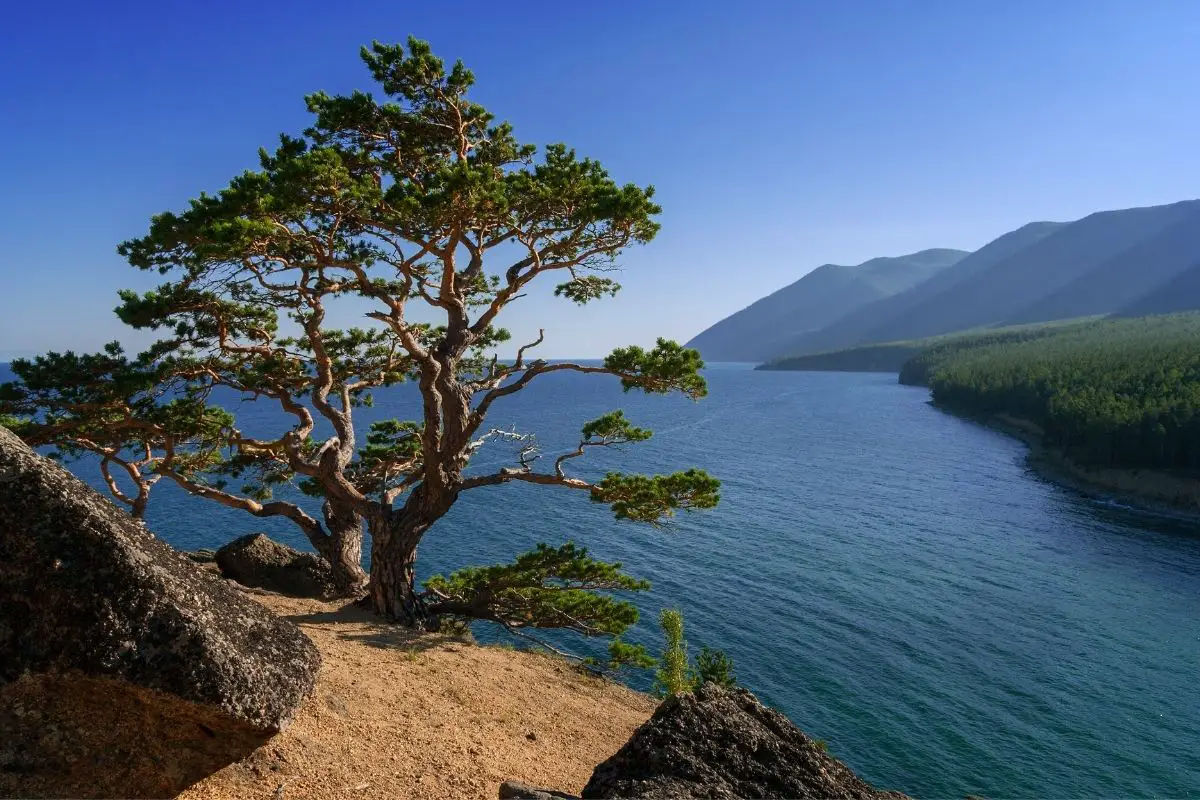
Lake Baikal is the biggest freshwater lake on the Earth by volume and the sixth-largest closed lake, with an area of 12,200 square miles. Lake Baikal is located in Siberia, Russia.
Fun Facts about Lake Baikal:
- Lake Baikal is the world’s deepest lake
- Lake Baikal contains 20% of the world’s freshwater
- Lake Baikal shelters the endangered Baikal seal
Things to do at Lake Baikal:
- Visit Olkhon Island
- Hike in the Sayan Mountains
- Explore the Baikal Caves
7. Lake Tanganyika- Tanzania, Congo, Burundi, Zambia
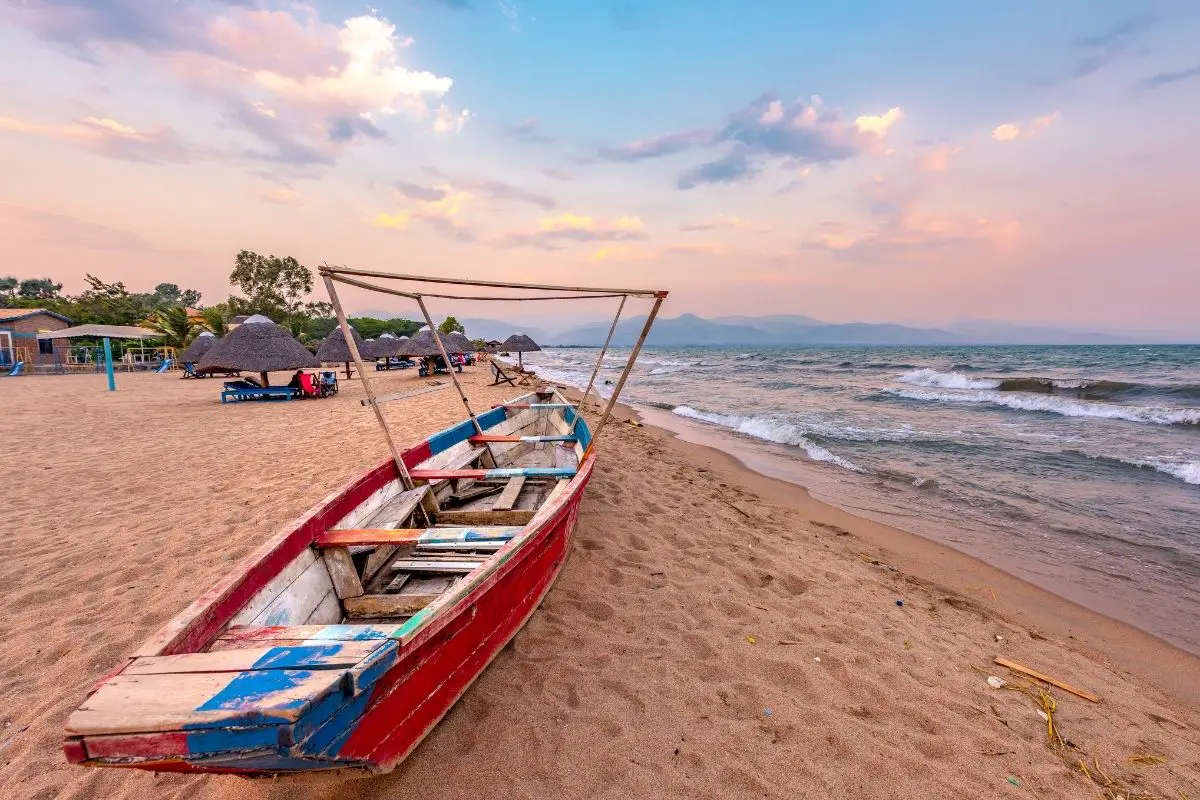
Lake Tanganyika is the second-largest freshwater lake in the world by volume and the seventh-largest closed lake, with an area of 12,700 square miles. Lake Tanganyika is located between Tanzania, Congo, Burundi, and Zambia in Africa.
Fun Facts about Lake Tanganyika:
- This lake is Africa’s deepest lake, and the second deepest lake in the world
- Lake Tanganyika is home to over 250 species of fish
- It is the longest freshwater lake on Earth
Things to do at Lake Tanganyika:
- Visit the Mahale Mountains National Park
- Go Chimpanzee Trekking
- Explore the Lake Tanganyika Beaches
8. Great Bear Lake- Canada
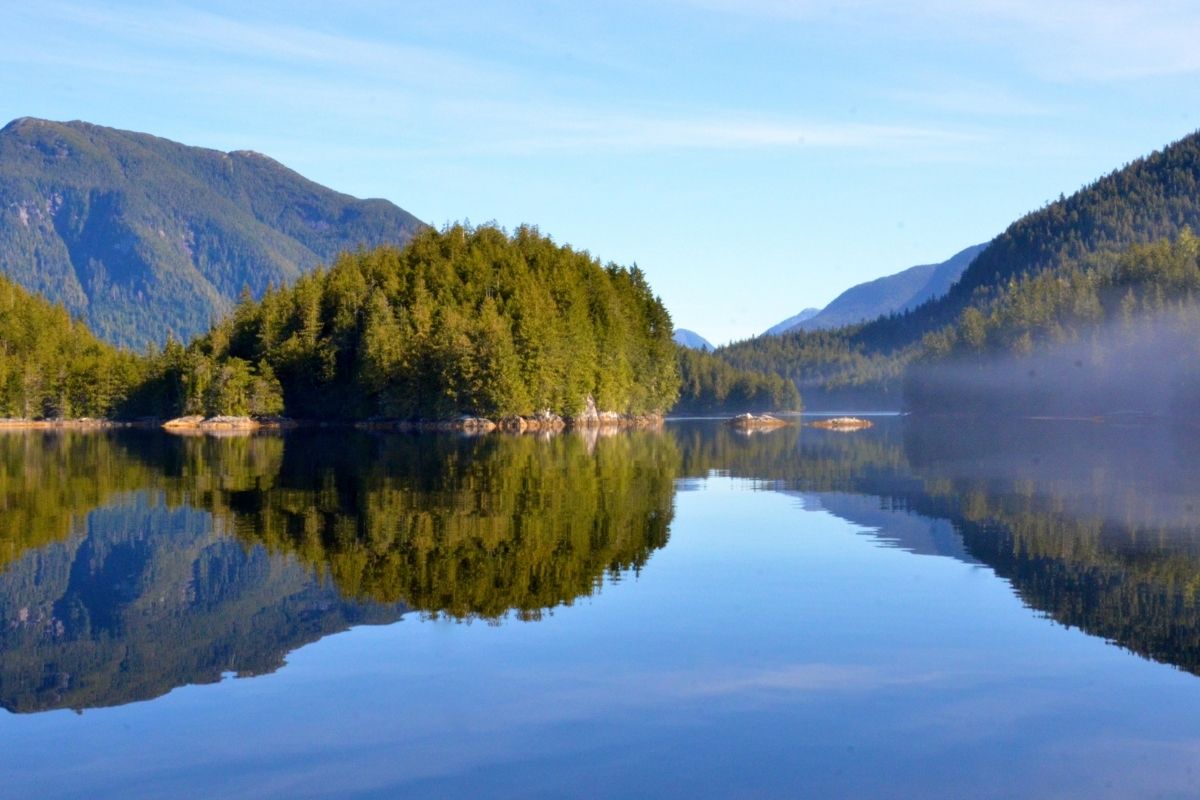
Great Bear Lake is the eighth largest closed lake in the world, with an area of 12,028 square miles. You can find Great Bear Lake in Canada’s Northwest Territories.
Fun Facts about Great Bear Lake:
- It is the largest lake located entirely within Canada’s borders
- Great Bear Lake is home to the world’s largest population of inland bears
- Great Bear Lake is the 4th largest lake by area in North America
Things to do at Great Bear Lake:
- Visit the town of Fort Resolution
- Explore Great Bear Lake Provincial Park
- Go on a Wildlife Safari
9. Sea of Galilee- Israel
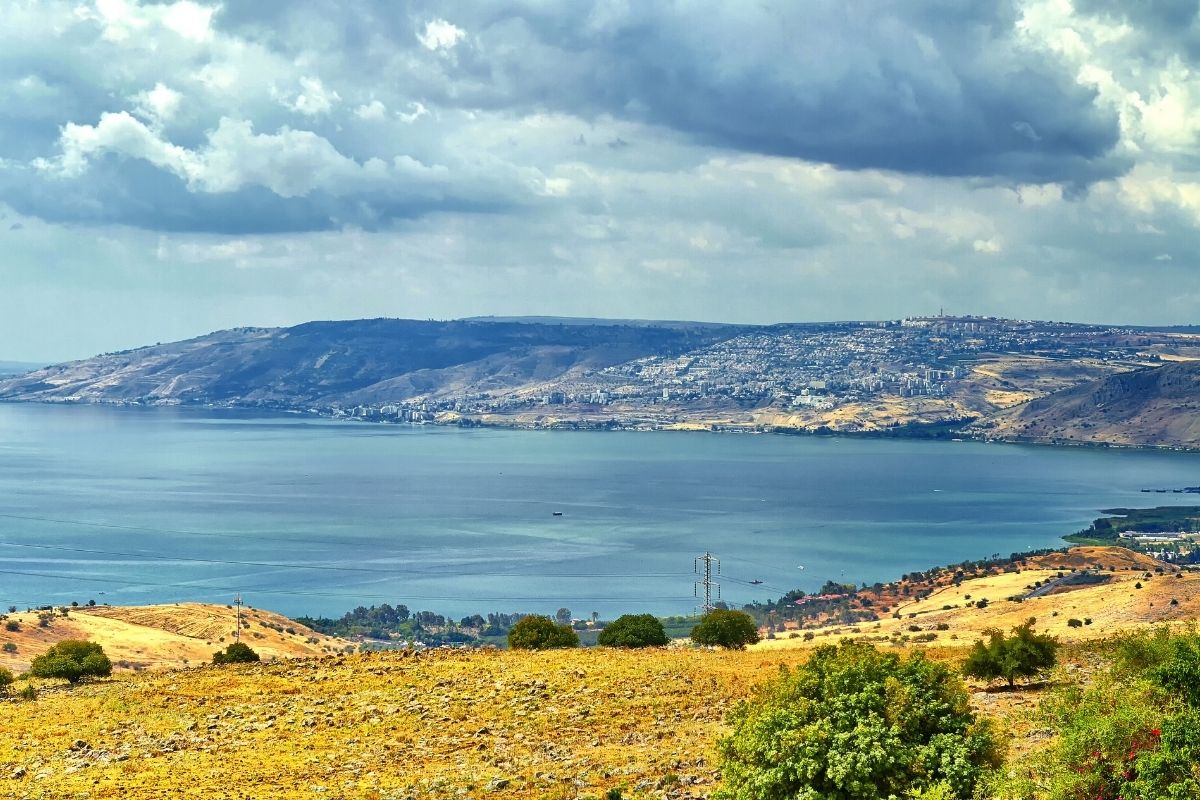
The Sea of Galilee is a freshwater closed lake located in Israel. The Sea of Galilee is the ninth-largest closed lake with an area of 64.09 square miles.
Fun Facts about the Sea of Galilee:
- It is the lowest freshwater lake in all the world
- The Sea of Galilee is the largest freshwater lake in Israel
- The Sea of Galilee is a popular spot for fishing, swimming, and boating
Things to do at the Sea of Galilee:
- Visit the ancient city of Tiberias
- Explore the Sea of Galilee beaches
- Take a ride on a boat
10. Wular Lake- India
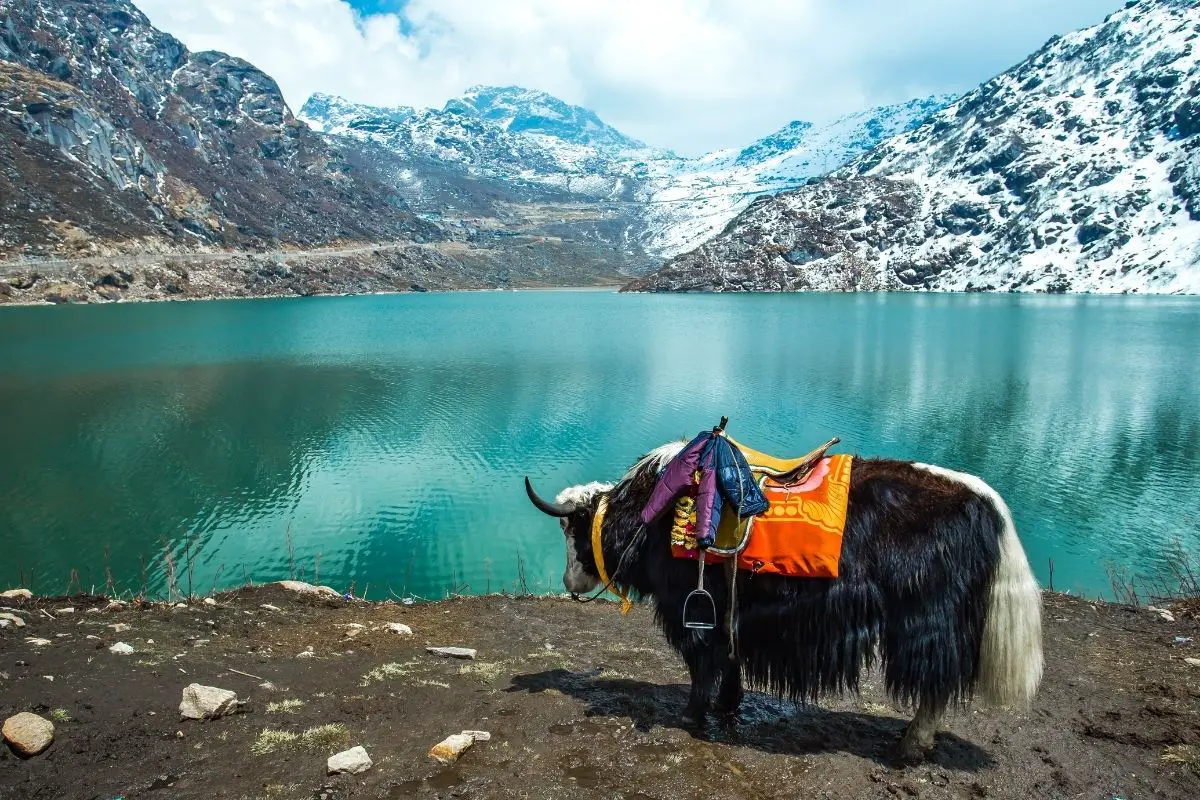
Wular Lake is a freshwater lake located in India. Wular Lake is the tenth largest closed lake, with an area of just under 73 square miles. Wular Lake is an important source of water for the local population.
Fun Facts about Wular Lake:
- Wular Lake is the largest freshwater body in India
- Wular Lake is home to a variety of bird species
- Wular Lake is a popular spot for fishing and boating
Things to do at Wular Lake:
- Go hiking around Wular Lake
- Explore the Wular Lake Nature Reserve
- Go fishing and boating on Wular Lake
Conclusion
These are the top 10 closed lakes in the world. Each lake has its own unique features and attractions. Whether you’re looking for a place to relax and enjoy the scenery, or you’re looking for an adventure, these lakes have something to offer everyone.



